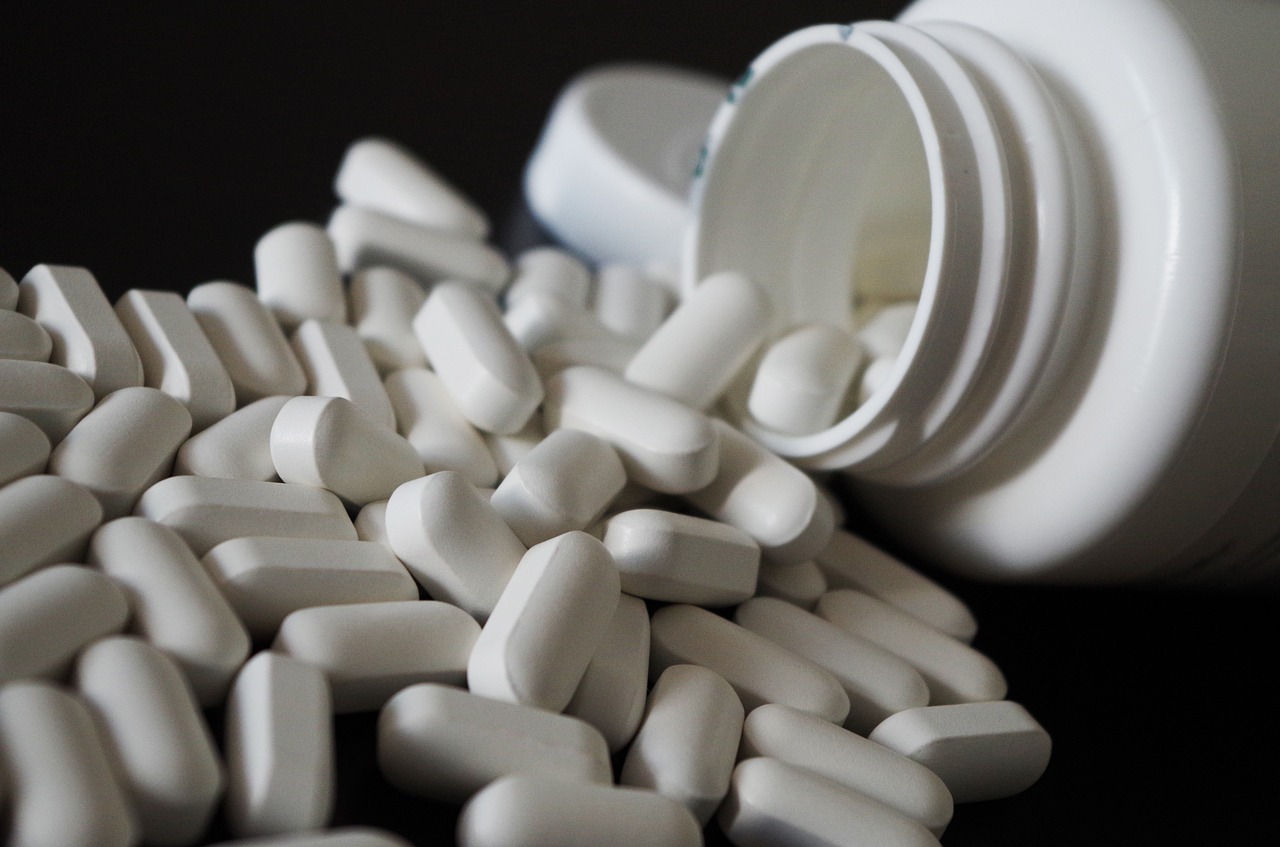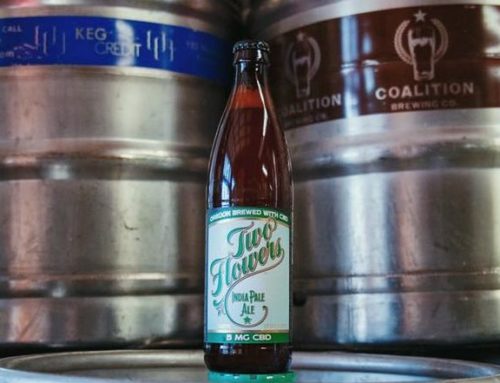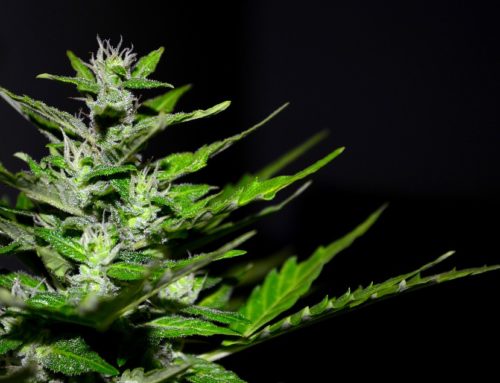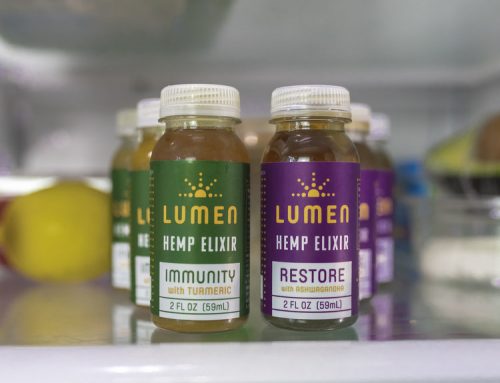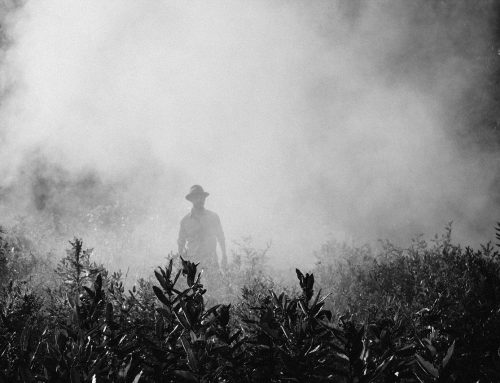The opioid crisis in America is not just about drugs, but also about pain. In fact, many people dealing with opioid addiction are addicted because their doctor prescribed them opioids for pain. In the search for a solution to the opioid crisis, medical cannabis advocates often praise cannabis as an alternative to highly addictive pain medications. For good reason, it seems.
Recent research shows that states with legal cannabis see significant reductions in opioid use. Medical cannabis users revere cannabidiol, known as CBD, for its pain-relieving effects. This research suggests that patients with pain use cannabis—especially high-CBD cannabis—as a replacement for traditional treatments. This effect seems to extend to antidepressants and other prescription medications as well.
However, cannabis’ potential to fight opioid addiction goes beyond replacing pain pills. For one, using cannabis and opioids together could give the same pain relief with a lower dose. Also, CBD may even help to control opioid cravings in recovering addicts.
Cannabis and Opioids Work Together
Both cannabis and opioids are pain-relieving. New research shows that they might actually work better together. This means that the dose of opioids used to relieve pain could be much lower with cannabis in the mix. This could explain why those states with legal and medical cannabis see lower rates of opioid abuse.
The CB1 receptors in the body’s endocannabinoid system are found in some of the same areas as opioid receptors. More research shows that these receptors receptors are often physically linked, meaning their responses affect one another. Beyond that, cannabis can actually increase the production of the body’s own opioids, boosting natural pain relief.
CBD Can Ease Cravings
Also interesting is that cannabis could be able to reduce opioid cravings. While no studies exist on CBD as a preventative measure, a study in the Journal of Neuroscience suggests that CBD might reduce cravings and relapse in recovering addicts.
CBD interacts with many of the body’s receptors outside of the endocannabinoid system. CBD impacts neurotransmitters like dopamine and serotonin that relate to how we experience rewards. The reward response system plays a major role in addiction.
In the study, researchers experimented on heroin-addicted rats. The rats detoxed for two weeks before the researchers exposed them to a “cue”—some event that triggered a craving. They found that giving some rats 5-20mg of CBD mitigated their cravings for as long as two weeks after administration. It even found that CBD treatment affected some of the broken brain responses associated with cue-induced heroin cravings.
These early animal studies provide some scientific backing for all the anecdotal evidence of people beating addiction with cannabis. Either way, if you or someone you know struggles with opioid abuse, cannabis deserves a look.

